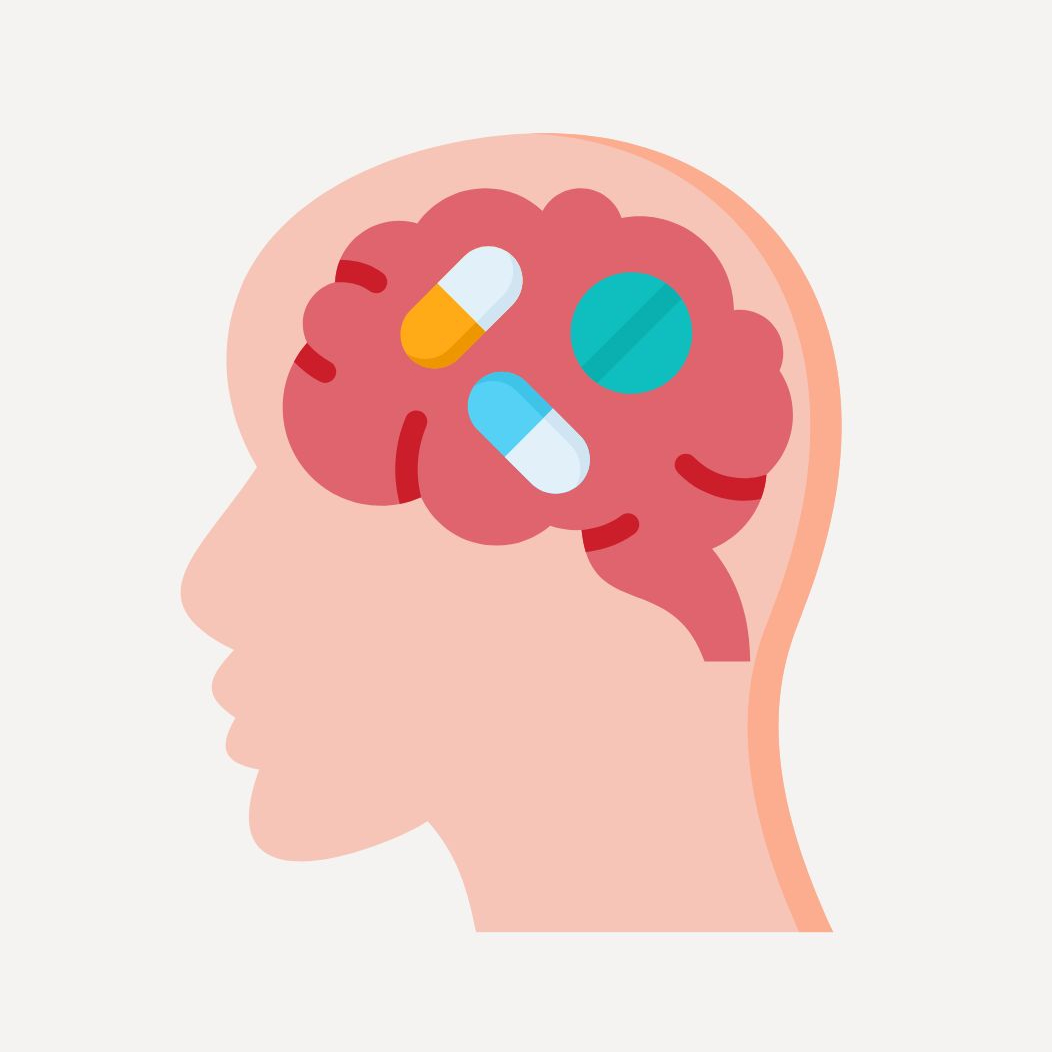5 Healthy Habits Amador students should implement for increased success
Students should begin to practice healthy habits to increase their success at school.
December 17, 2019
As we say goodbye to 2019 and welcome in the new year, it’s the perfect time to say goodbye to our bad habits, and learn new tips and tricks on how to be more productive and successful in 2020. In this article, we share five tips of highly effective teens that, if performed correctly, will leave students more successful in school and in their personal lives, just in time for the start of second semester.
Read on to learn how you can change your life in five easy steps.
Habit 1: Get at least 7 hours of sleep a night
A good night’s sleep can make or break your day – unfortunately, many Amador students neglect the very important habit of getting 7-8 hours of sleep every night. Lack of sleep has significant negative effects on students’ ability to learn.
“Studies show that the more sleep you have, the better prepared you’re going to be to think and process more deeply. Sleep is also tied to mental health. So as teachers, the more we see problems with a student’s mental health, we know that sleep helps combat anxiety and combat depression,” said Amador history teacher, Jill Battilega.
Students here at Amador can also testify to the value of a good night’s sleep and the positive effects at least 7 hours of sleep can have on your mood and productivity.
“I feel good when I wake up in the morning [after getting 7 or more hours of sleep], better than when I sleep less,” said Mason Basbas (‘23).
However, with the increased technology use by teenagers, many students struggle to get to bed early as an effect of their phone and technology use.
“I do believe in the lack of sleep due to technology, and going to bed with our phones. Studies show that it’s harder to fall asleep due to the coloring on the phones. So I believe that what definitely correlates with lack of sleep is our use of technology,” said Amador P.E teacher, Mary Scavone.
Turning off phones earlier and sticking to sleeping habits that leave students with enough time to recharge their batteries after a long day will make it easier for students to reach their academic and extracurricular goals in 2020.
Habit 2: Eat a healthy breakfast every morning
The old saying “breakfast is the most important meal of the day” continues to reign true, due to the meal’s ability to fuel students throughout the day.
“It [eating a healthy breakfast in the morning] usually allows me to have enough energy until lunch,” said Sean Kadkhodayan (‘23).
If students choose to skip breakfast they will notice an increased inability to focus as well as a significant lack of energy.
“I think it greatly affects student performance during the school day. If they [students] come to school on an empty stomach, then they’re lethargic. If we come to school with nothing in our system, it would be a distraction to our focus in the classroom and in our relationships,” said Amador P.E teacher, Mary Scavone.
One underlying cause of many students’ lack of breakfast in the morning is an increased lack of sleep. This causes students to have less time in the morning to prepare a healthy breakfast.
“I believe that it’s not a priority with some of our teenagers. The lack of sleep due to technology carries over to the morning, making students too tired to prepare a breakfast,” said Scavone.
Going one step further than simply eating breakfast every morning, students should also make conscious decisions on what they are eating for breakfast.
“Eating a balanced breakfast, mainly protein with a little bit of carbs in the morning can help fuel our bodies, which can help our bodies last a lot longer than say sugars would in the morning,” said Scavone.
The energy that breakfast gives students allows for increased focus ability and motivation throughout the day and benefits their overall success both inside and outside the classroom. Due to this proven fact, students should strongly consider adding a healthy breakfast to their everyday morning routines.
Habit 3: Don’t procrastinate
Procrastination is a habit that plagues nearly every present-day high school student. Students’ lives are cluttered with countless distractions that make it hard for them to focus on doing the tasks that truly matter, like studying, exercising, and focusing on their mental health.
“I used to procrastinate a lot and I got little sleep as a result. My time management suffered as I was unable to get work done as quickly and as effectively as I wanted to” said John Lester (‘21).
Procrastination can make it harder for students to get work done in a time-efficient manner, but the habit also has many other adverse effects.
“I feel like it [procrastination] just compounds stress levels. When someone is really stressed they’re not able to absorb new material or even recall old material, and that stress level is detrimental” said Amador history teacher, Mairi Wohlgemuth.
This upcoming semester, students should find new ways to cut the distractions out of their academic careers. Doing so will no doubt result in better grades, less stress, and more time to enjoy the positives of the high school experience.
Habit 4: Exercise often
Often when seeking to de-stress, students should look towards exercise. Whether it be working out or participating in a variety of competitive sports, by focusing on one physical task, students can let their minds relax and forget about the stress and anxiety that comes with schoolwork.
Many students find an outlet in practicing their respective sport.
“It [swimming] allows me to destress after school. So if I have a huge test coming up, swimming really helps me relax. It’s definitely like a distraction from the day to day tasks I have to deal with,” said Akshay Gupta (‘21).
By taking the time to exercise, students are able to allow their brains to shy away from the stress of schoolwork and other tasks.
“After I exercise I feel more at peace, it helps me forget a little about all the academic chaos in my brain and calm down a little bit,” said Gupta.
“It’s a huge positive distraction, fitness can be a great distraction for students. It keeps us healthy, both mentally and physically, I just don’t think students are getting outdoors enough right now due to technology, so this definitely helps. Getting our heart rates up is another benefit as well,” said Amador Physical Education Teacher Mary Scavone.
When looking for an outlet to relax and get your mind off of things, exercising, whether it be working out or playing a sport, can both keep you healthy and happy.
Habit 5: Practice good study habits
When dealing with loads of schoolwork or tests to prepare for, students can look to prepare for tests effectively to retain more information with less effort.
“For tests, I like to have my materials organized a week in advance so I know which specific topic I need to study for all of my tests. I find flashcards useful, and I like to summarize the textbook in my own words to help me learn more,” said Ryan Bonitz (‘20).
There are many ways students can go beyond simply reviewing the class notes to become more involved with the material, and in turn, have better test scores.
“What I encourage students to do more is to ask their teachers questions with confusing topics or for more elaboration on topics. I think using the textbook as a resource as well is helpful. When it comes to studying, I recommend creating common themes among topics. I think being able to explain ideas in your own words, going beyond the textbook definition and looking at the examples provided from the teachers, and creating your own examples, or creating your own images in your mind to understand what they are reading,” said Amador history and A.P Psychology teacher, Brett Bower.
Students should strive to learn the material to such a degree that they are able to create their own examples or connections so that they have a deeper understanding of the material.
“A method I see work the most is creating conceptual hierarchies, word maps, or memory maps where students connect their ideas and common themes between units. I think this has the best results for content retention, specifically by creating your own connections yourself,” said Bower.
Overall, by effectively creating a study system that specifically works for them and helps form memories easier, students can perform better without as much stress.
Although following these habits does not guarantee an A or a 4.0 GPA, it is proven that following these habits leads to increased energy levels, heightened ability to focus, and improved time management which results in better test scores and more success in classes.
Students of Amador should try and make a significant effort to apply these habits in their own daily lives so that they may see improvement in their success at school and in their personal lives.







